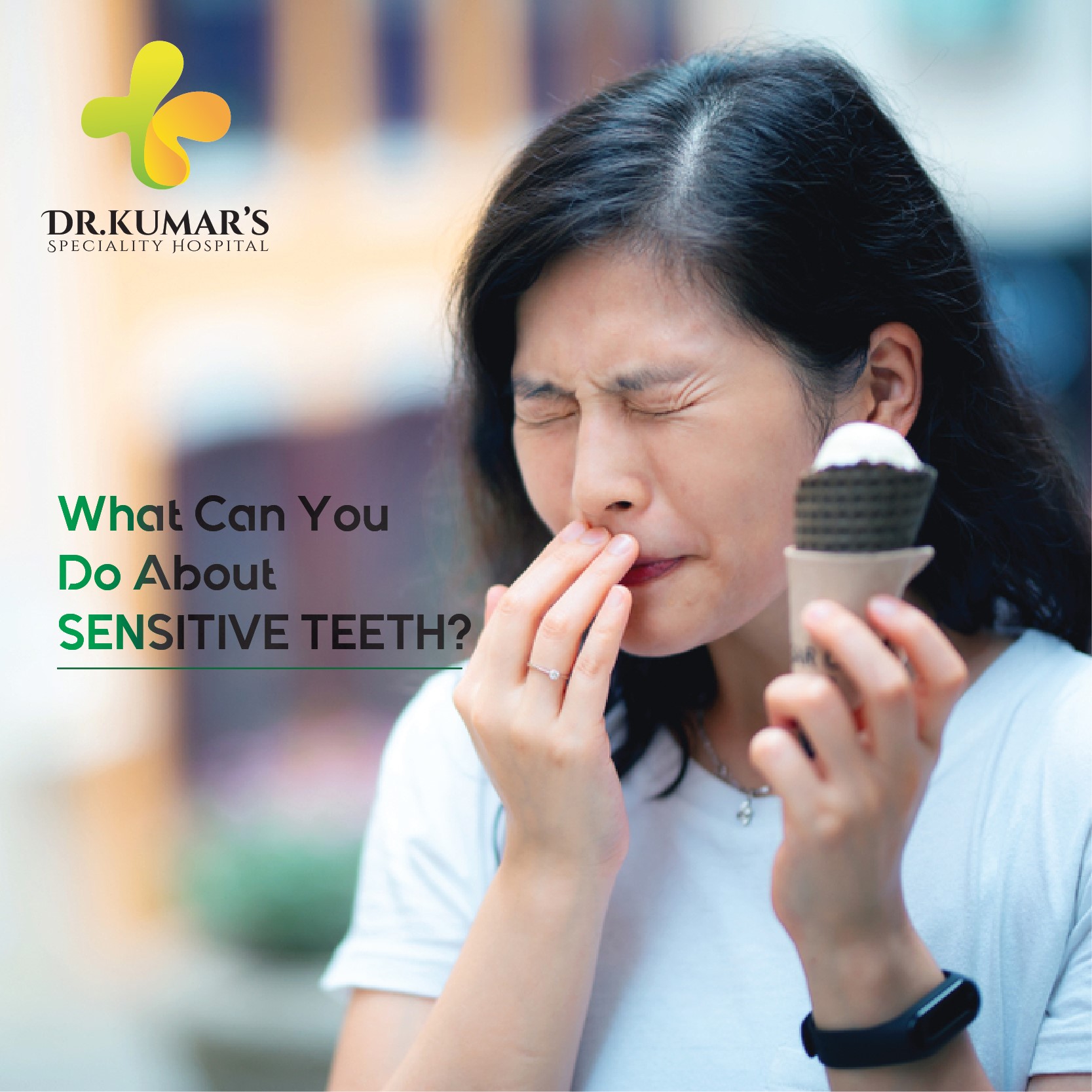
If you avoid hot or cold drinks because you know they will make your teeth hurt, it may be time to talk to your dentist about the possibility that you have sensitive teeth.
Sometimes other things can aggravate them, too, like sweet and sour foods or even cold air.
To be able to treat these tooth twinges, it helps to know what might be behind them. Once you have nailed down the cause, you can find a solution.
Take Care of Your Tooth Enamel
Tooth enamel is the hard, protective layer that helps your teeth deal with everything you put them through. When it is gone, nerve endings that cause pain are exposed.
If you have sensitive teeth, it is possible some of your enamel has worn away.
To prevent or put the brakes on that enamel damage:
These will moisten your mouth and help fight acid and bacteria that can eat away at your teeth. Saliva is one way your mouth deals with them.
Get to the Root of the Problem
Sometimes, tooth sensitivity can be a sign of other issues, like:
Naturally shrinking gums
If you are over 40, it could be that your gums are showing signs of wear and tear by pulling away from your teeth and uncovering your tooth roots. Those roots do not have enamel to protect them, so they are much more sensitive than the rest of your tooth.
Tell your dentist if your gums look like they are receding. It can be a sign of other problems, like gum disease. Serious cases may need a gum graft. That moves tissue from somewhere else to cover the bare area.
Gum disease
Plaque and tartar buildup on your teeth can make your gums pull back. Sometimes, disease can set in. It can destroy the bony support of your tooth. Do not smoke. It can lead to gum disease. To treat it, your dentist may do a deep clean of your teeth, called planing or scaling, that scrapes tartar and plaque below the gum line. You could also need medication or surgery to fix the problem.
A cracked tooth or filling
When you break a tooth, the crack can go all the way down to your root. You will notice pain when your tooth is cold. How your dentist fixes the crack depends on how deep it goes. If it is a small crack that ends before your gums start, your dentist can fill it. If it’s below your gum line, your tooth will have to be pulled.
Treatment
Once you have found the problem, there are things your dentist can use to help ease your pain, including:
If your case is serious, your dentist might suggest a root canal.
It is also important not to shy away from dental care because of tooth pain. Ignoring your teeth can make things worse. Brush and floss twice a day to help keep your smile bright and pain-free. And see your dentist for a checkup twice a year.
